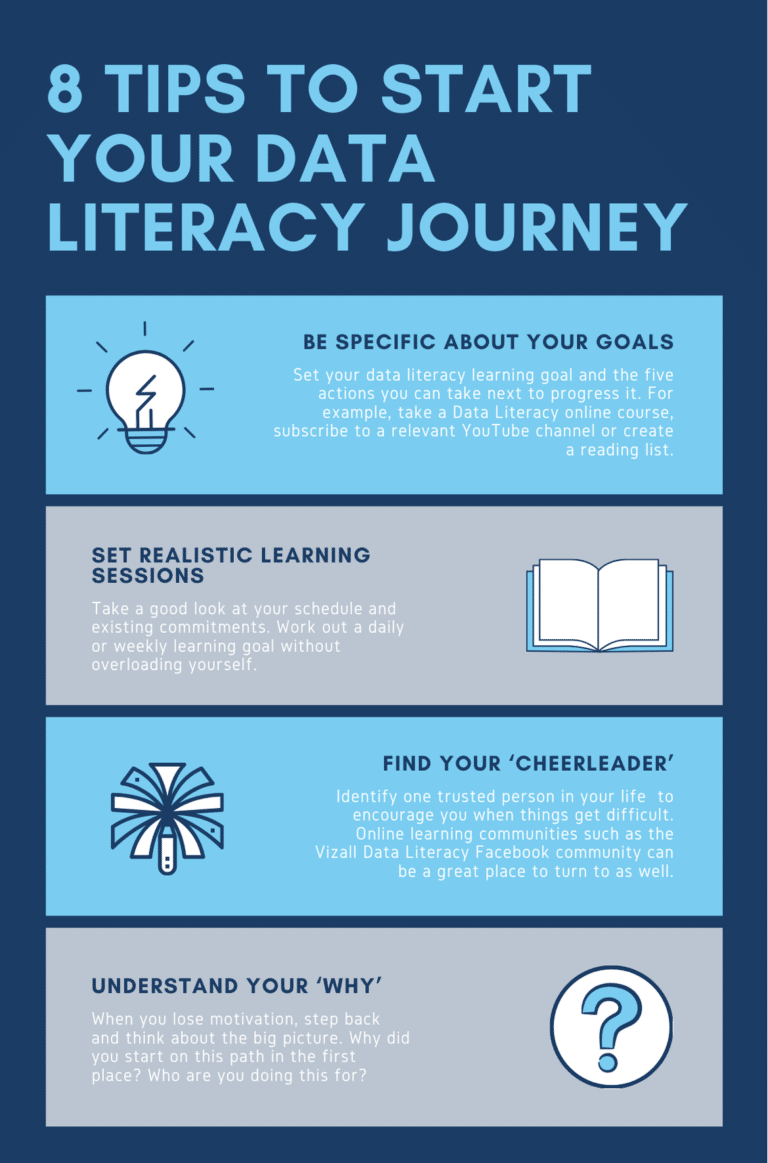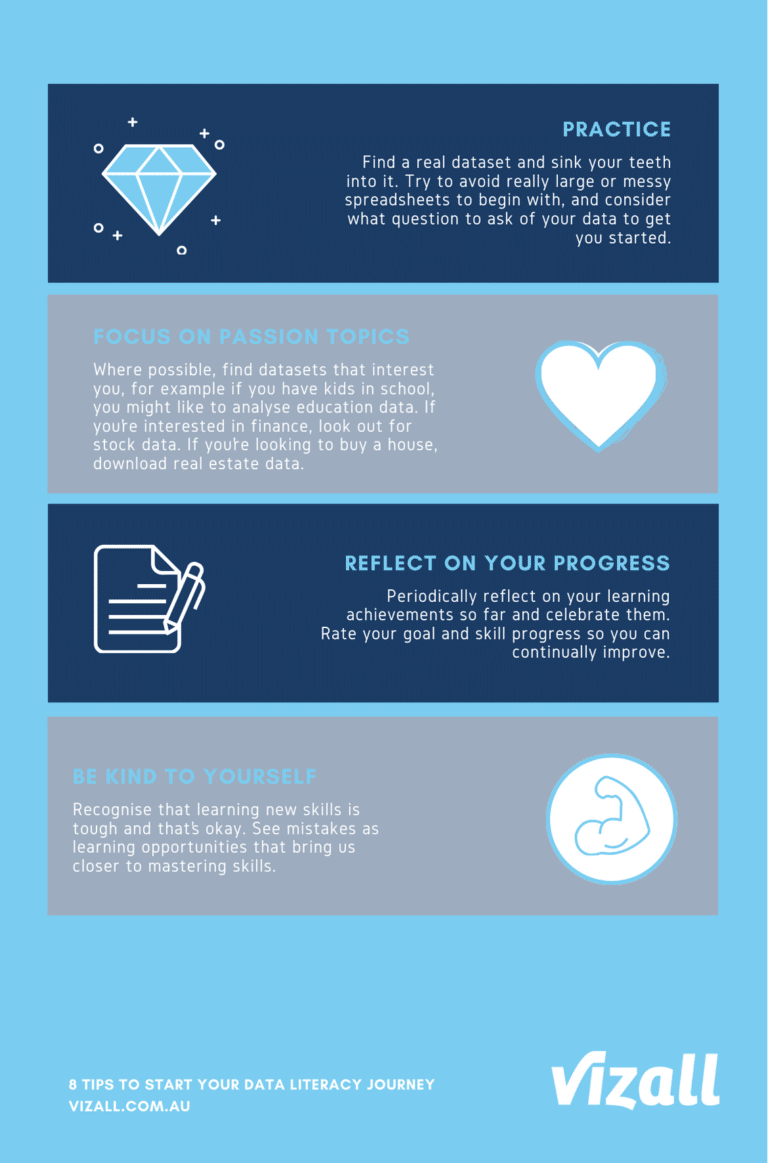
by Cathryn McLauchlan
GROWING up I was never great at math if I’m being perfectly honest. When I reached high school I didn’t even attempt to take any form of Mathematics subject.
Conceding that I was simply terrible with numbers, I happily avoided them as much as possible while studying journalism.
However it wasn’t long into my first job as a reporter that I started seeing the importance of numbers, from reporting on council budgets to looking at road crash stats.
I slowly discovered spreadsheet analysis wasn’t like high school mathematics. I realised you didn’t need to be a mathematician to understand numbers.
Some months later I listened to an expert speaking about a niche I hadn’t heard of called ‘data journalism’. It sounded like an exciting direction for the industry so I gave writing more of these stories a go.
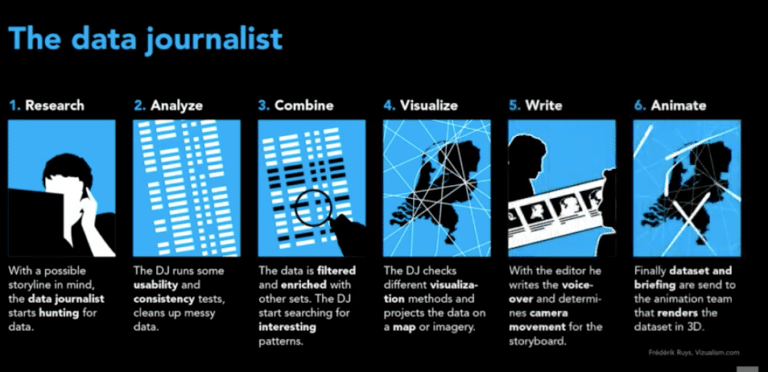
Everything was going well. I slowly built up my confidence and I loved that I was becoming an expert in a specialised area.
Then I stuffed up the numbers on a published story quite badly, and that shattered my confidence. I questioned whether I should be reporting on data stories at all.
After the storm had passed I tried to focus on the bigger picture. I actually enjoyed data journalism a lot.
So I didn’t give up. I took free courses, borrowed books from the library and with more experience my confidence grew, and mistakes became rare.
I’m still learning, but today I’m the person others turn to with their data or spreadsheet questions.
Qlik predicted data literacy would become “the most in-demand skill by 2030”. I want to see everyone who isn’t a “numbers person” to feel confident in this world of data, so I put together this list of top tips from my journey so far in the data storytelling space.
1. Be specific about your goals
Without specific goals, progress can easily peter out. Set your data literacy learning goal and the five actions you can take next to progress it. Here are some ideas to come up with your actions:
- What skill level are you beginning with? If you are a beginner, about concepts such as identifying bias and asking the right questions of your data. You might like to start with an introductory Udemy course such as The Data Literacy Course by 365 Careers and Olivier Maugain
- Find relevant channels you enjoy on YouTube and subscribe to them. Write down how many videos you will watch each day.
- Data literacy is a huge topic, so write out the specific skills you want to master. For example it might be learning how to create Pivot Tables, or simply understanding data literacy basic skills such as identifying qualitative vs quantitative data.
- Create a reading list and consider daily reading goals to keep up progress. Here are some suggested places to start, both specific to data literacy and also books to help with motivation and accomplishing goals.
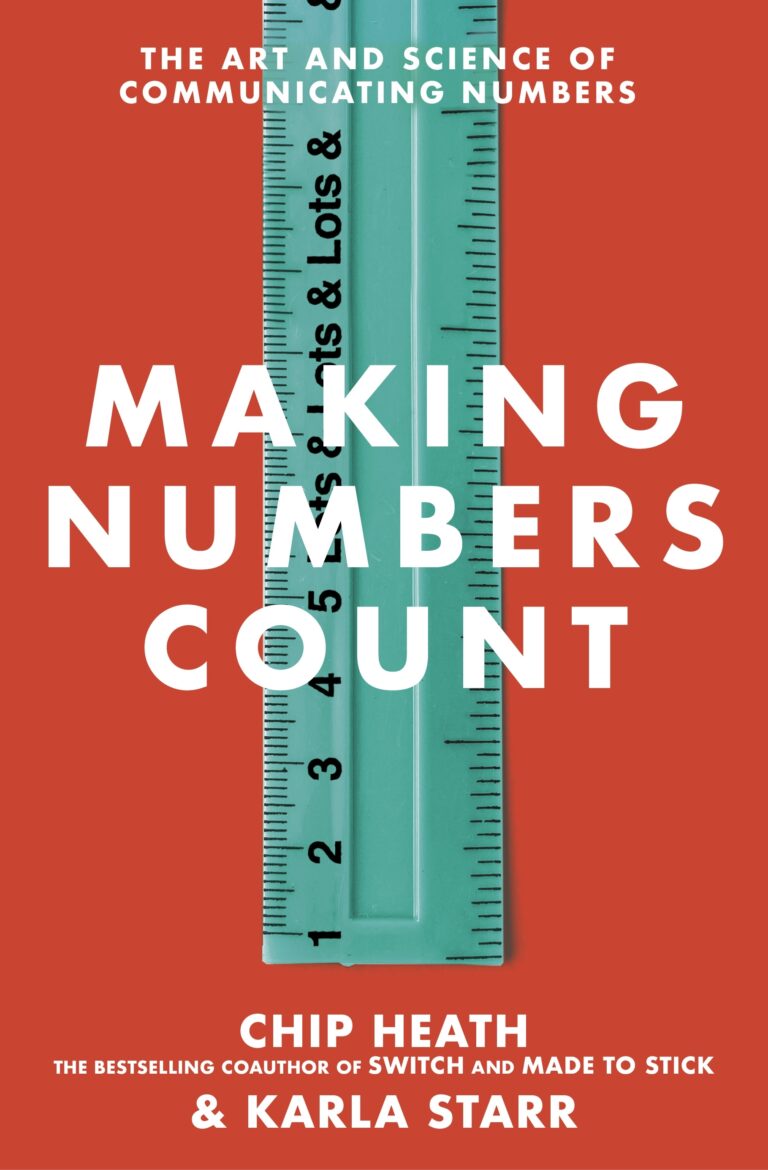
Making Numbers Count
by Chip Heath and Karla Starr
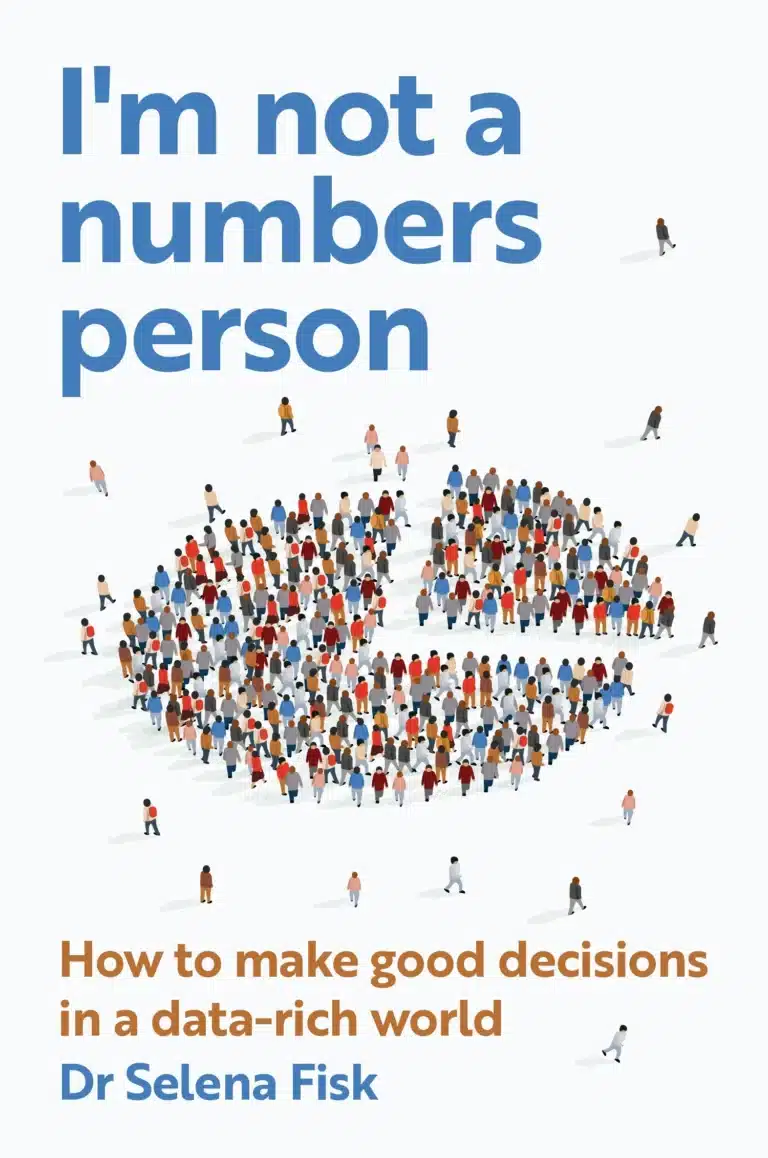
I'm Not a Numbers Person
by Dr Selena Fisk
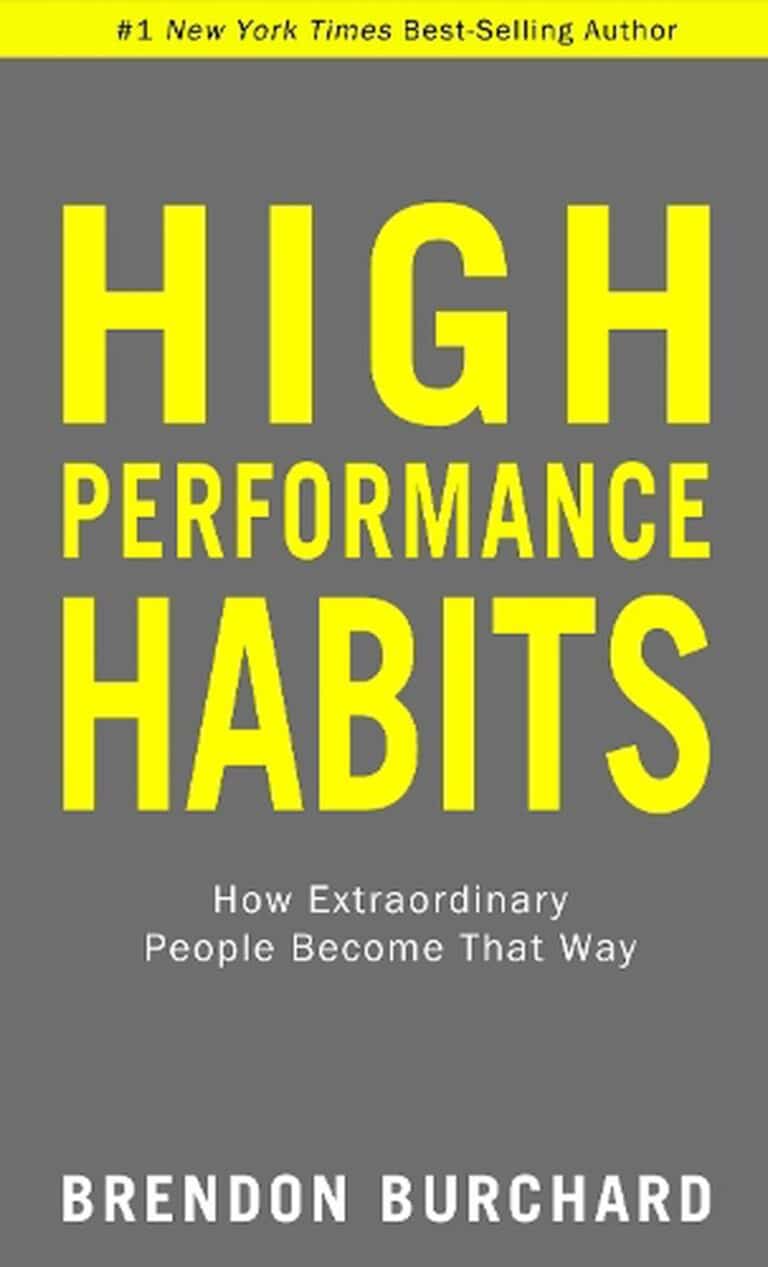
High Performance Habits
by Brendon Buchard
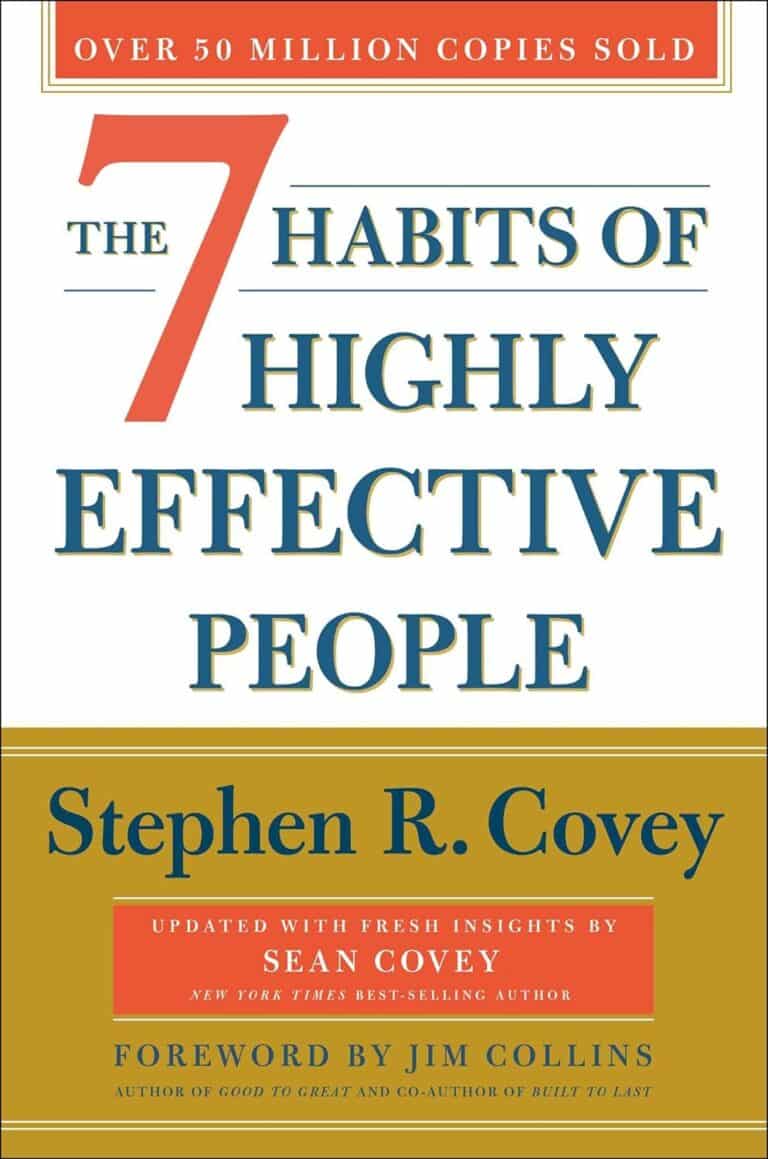
The 7 Habits of Highly Effective People
by Stephen Covey
Think about your current schedule and factor in your work, family, friend and personal commitments. Your data literacy learning won’t be sustainable if you set goals that are too hard to achieve. Are there any activities or habits that don’t add value to your week that you can remove?
Set a learning goal that suits your schedule. For example, a 20-minute target daily rather than a 60-minute session once per week might work for some but not others. You can always scale up the durations if you’re finding them very easy to achieve.
3. Recruit someone to be your ‘cheerleader’
When learning a new skill it’s normal to get overwhelmed when things get tough. Having a person you trust to encourage you makes a huge difference.
Think about whether someone in your life can already fulfill that. If you’re unsure, online data literacy communities can be a good place to build connection and receive encouragement. When you sign up on a free Vizall account you get access to the Data Literacy Community on Facebook.
4. Understand your ‘why’
When you become demotivated, step back and think about the big picture. Why did you start on this path in the first place? It should be specific. For example, “I want to make more informed business decisions based on evidence”, or “In order to hold more authority in my work I need these skills” or “I want to become more employable with data fluency skills”.
Think about who you are doing this for. Do you want to learn these skills to better support your family? Do you want to learn these skills so you can become a leader or mentor in this space?
When I start feeling as though I have lost my direction, remembering the purpose of my goals reignites my spirit.
5. Practice
There’s only so far you can go learning theory alone. Set aside time to practice with real datasets.
You might like to have a go with data available at your workplace, or perhaps you could look for interesting datasets online. Pick something that interests you and ask questions of the data that you are genuinely curious about. For reliable sources to get you started, see our blog post Where to find public datasets.
6. Focus on topics that matter to you
There’s data available for any field or niche. Are you focusing on topics that make you feel enthusiastic? Are they relevant to your own experiences or expertise?
You’re already learning so much about data literacy so choosing datasets you enjoy wading through will ensure storytelling comes more naturally.
7. Reflect on your progress
This has always been a tricky one for me as I don’t naturally stop and reflect on my achievements, but as with any goal, stopping to celebrate your progress is a great motivator and confidence booster. Talk about how far you’ve come with the people you care about so they can celebrate with you. Rate your progress in your goals and skills each week or month to help you improve over time.
8. Be kind to yourself
If you are working through the internal narrative that you aren’t good with numbers, you’ll need to work on reframing your mindset.
When you are lacking in confidence, recognise that what you are doing is tough, and that’s okay. Remember we all make mistakes, and those mistakes can become learning opportunities bringing us closer to mastering our skills.
Confidence has a profound impact across different aspects of your life. I doubted myself a lot when I started, but getting past that doubt meant I could keep pushing through to eventually become an expert in my team.
